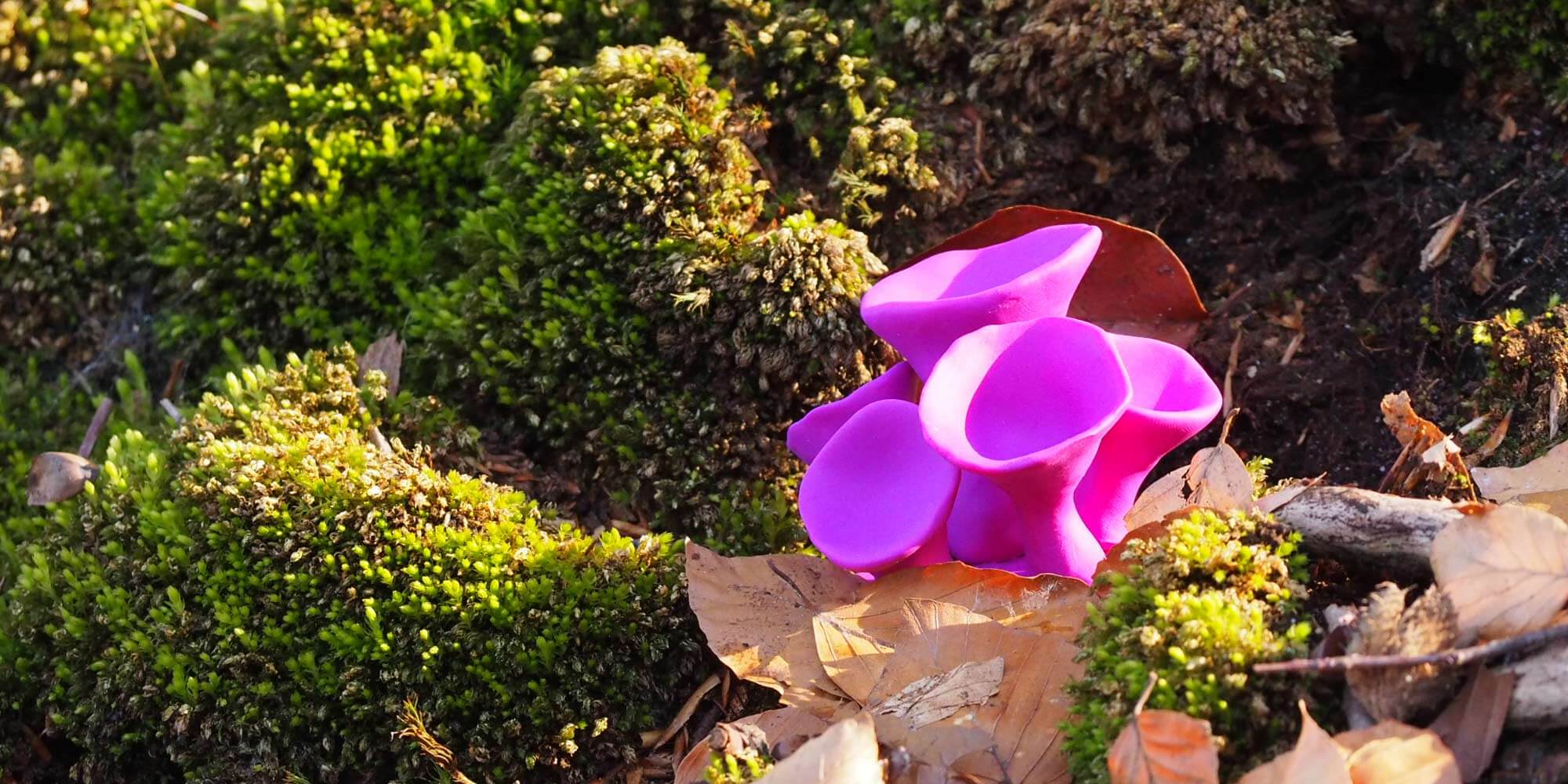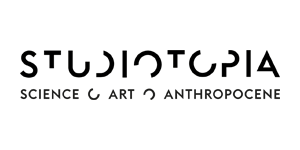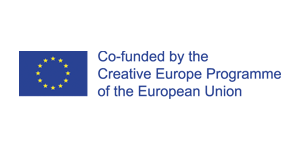Open science has received a lot of attention over the last decade. But what about open artistic research? From a starting point of collaboration between people of diverse backgrounds, the STUDIOTOPIA Palaeoplasticene project hosted by Studio Austen is developing a platform to facilitate transdisciplinary artistic research by non-artists into the long-term existence of microplastic. Designed to be adaptable to multiple artistic research contexts and to be re-deployable by other researchers, this platform development highlights the unique challenges, and rigour, of artistic research. During the launch of the platform, artist Kat Austen, scientists Indrė Žliobaite and Laurence Gill will join Ars Electronica’s Andrew Newman to discuss transdisciplinary collaboration and open research. Web development is undertaken by Andreas Baudisch.
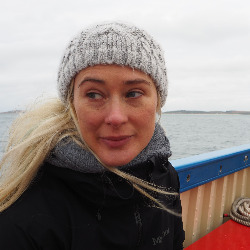 Kat Austen (UK/DE): Kat Austen is a person. In her artistic practice, she focusses on environmental issuxes. She melds disciplines and media, creating sculptural and new media installations, performances and participatory work. Austen’s practice is underpinned by extensive research and theory, and driven by a motivation to explore how to move towards a more socially and environmentally just future. Austen’s field research has included a voyage around the Canadian High Arctic as Artist in the Arctic 2017 for Friends of Scott Polar Research Institute (University of Cambridge) for her project The Matter of the Soul. In 2018 Austen was selected as inaugural Cultural Fellow in Art and Science at the Cultural Institute, University of Leeds for the same project. Austen has been awarded residencies internationally, including with NYU Shanghai, ArtOxygen Mumbai, LAStheatre, the Clipperton Project and Utter! Spoken word.
Kat Austen (UK/DE): Kat Austen is a person. In her artistic practice, she focusses on environmental issuxes. She melds disciplines and media, creating sculptural and new media installations, performances and participatory work. Austen’s practice is underpinned by extensive research and theory, and driven by a motivation to explore how to move towards a more socially and environmentally just future. Austen’s field research has included a voyage around the Canadian High Arctic as Artist in the Arctic 2017 for Friends of Scott Polar Research Institute (University of Cambridge) for her project The Matter of the Soul. In 2018 Austen was selected as inaugural Cultural Fellow in Art and Science at the Cultural Institute, University of Leeds for the same project. Austen has been awarded residencies internationally, including with NYU Shanghai, ArtOxygen Mumbai, LAStheatre, the Clipperton Project and Utter! Spoken word. 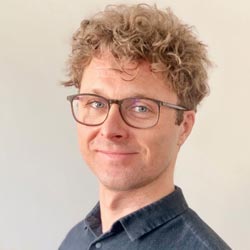 Andrew Newman (AU/AT): Andrew Newman is a producer for the European Platform for Digital Humanism at Ars Electronica in Linz and is focused on fostering cultures of transdisciplinary innovation. He is responsible for projects aimed at bringing artists and scientists together (STUDIOTOPIA) and creating STEAM learning experiences (Open Science Hub, Creative School and STEAM INC). He co-founded the Research Institute for Arts and Technology in Vienna where he focused on integrating artistic research methodologies into blockchain and open hardware research and development.
Andrew Newman (AU/AT): Andrew Newman is a producer for the European Platform for Digital Humanism at Ars Electronica in Linz and is focused on fostering cultures of transdisciplinary innovation. He is responsible for projects aimed at bringing artists and scientists together (STUDIOTOPIA) and creating STEAM learning experiences (Open Science Hub, Creative School and STEAM INC). He co-founded the Research Institute for Arts and Technology in Vienna where he focused on integrating artistic research methodologies into blockchain and open hardware research and development. Laurence Gill (UK/IE): Laurence Gill is a Professor in Environmental Engineering in the School of Engineering, Trinity College Dublin. His research interests involve studying the fate and transport of both air and water-borne pollutants in the natural and built environment, the development of passive treatment processes, the ecohydrology of wetlands and the characterisation of karst hydrological catchments. Much of the work involves extensive field studies which are then used to develop mathematical models to gain further insight into the processes. He is one of eight Principal Investigators who lead the country’s first Applied Geoscience research centre (iCRAG) and heads the Groundwater research spoke which focuses on karst hydrology.
Laurence Gill (UK/IE): Laurence Gill is a Professor in Environmental Engineering in the School of Engineering, Trinity College Dublin. His research interests involve studying the fate and transport of both air and water-borne pollutants in the natural and built environment, the development of passive treatment processes, the ecohydrology of wetlands and the characterisation of karst hydrological catchments. Much of the work involves extensive field studies which are then used to develop mathematical models to gain further insight into the processes. He is one of eight Principal Investigators who lead the country’s first Applied Geoscience research centre (iCRAG) and heads the Groundwater research spoke which focuses on karst hydrology. Indrė Žliobaitė (FI/LT): Indrė Žliobaitė is a tenure track professor at the University of Helsinki, Finland. Her background is in machine learning with evolving data. In Helsinki she leads a research group called Data science and evolution, which focuses on computational analyses of the changing world. For the last six years Indrė has been actively involved in evolutionary palaeontology research studying the mammalian fossil record. By now Indrė is as a palaeontologist as she is a computer scientist.
Indrė Žliobaitė (FI/LT): Indrė Žliobaitė is a tenure track professor at the University of Helsinki, Finland. Her background is in machine learning with evolving data. In Helsinki she leads a research group called Data science and evolution, which focuses on computational analyses of the changing world. For the last six years Indrė has been actively involved in evolutionary palaeontology research studying the mammalian fossil record. By now Indrė is as a palaeontologist as she is a computer scientist.Credits
This project was realised within the framework of the STUDIOTOPIA program at Ars Electronica Linz GmbH & Co KG with support of the Creative Europe Culture Programme of the European Union.
